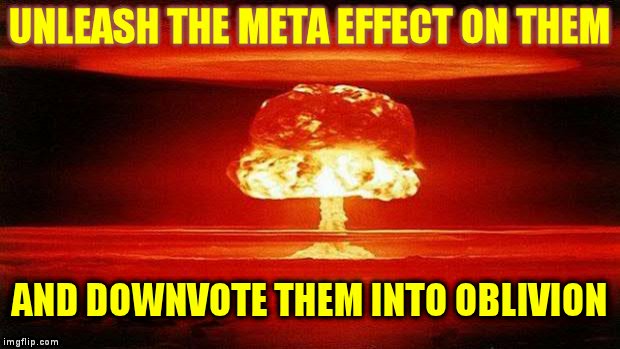When I first saw https://stackoverflow.com/questions/30880654/how-do-asp-net-application-events-work I was curious what specific aspect of the pipeline they were trying to hook into. When I visited the actual question it seemed to be rather vague.
It also was already answered, by the OP, stating they had figured out how the application events "work". It was basically a verbatim reproduction of a blog. The blog post (not written by OP) is from a very credible source. He is a Microsoft MVP (Most Valued Professional) - for those of you not familiar with this, it means he has contributed a lot to helping people with MS related technologies, and some of our top users here are MSMVP's.
That said, the user here basically reproduced the blog post in the form of a question and answer. The answer was posted a mere 4 minutes after the question was posted and at its first iteration contained only 3 lines linking to the blog post (it was later edited to include a paraphrasing of the blog post).
Once looking at all of this, the self answered post, the vague question, the essential duplication of content, and taking into consideration the question and answer were already upvoted I thought at first maybe I should just move on. But something about this pattern irked me.
I considered downvoting it, but then I was not entirely sure that it was warranted as the content isn't really inaccurate even if it smacks of plagiarism. I considered voting to close it as too broad but often if it already answered this has no affect. I thought perhaps I should flag it with a custom message to explain my predicament.
As you can see I am fairly confused on what the correct course of action would be for this post, and so I came here to ask for some guidance on what the community thought of this type of scenario.
